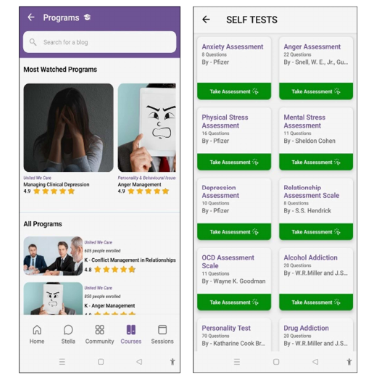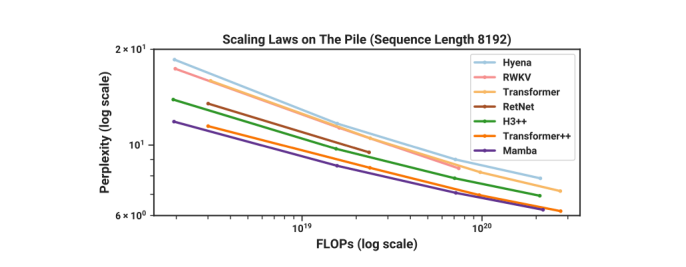Abstract
Digital interventions for health, like chatbots, are being recognised as tools for addressing the growing mental health crisis. This study investigates the efficacy of AI-driven mental health interventions in the workplace, focusing on a chatbot designed to promote employee well-being. With an urgent need to address the rising mental health issues in corporate settings,the research delves into the current landscape of mental health support and evaluates the potential of technology-based solutions.
A survey involving 25 HR professionals and Chief Human Resources Officers (CHROs) from various industries across the United States formed the backbone of the study. These participants, representing a significant portion of the corporate workforce, provided insights into the effectiveness, accessibility, and perceptions of mental health strategies in their organisations. Utilising a quantitative analysis method, specifically T-test hypothesis testing, the study aimed to understand attitudes towards AI-based mental health solutions and their actual implementation within organisations.
It was found that while awareness of virtual AI coaches and therapists is relatively high, around 72%, only about 7% of respondents could accurately identify specific AI-drivenmental health tools. Over 60% of participants preferred anonymity when discussing mental health issues, underscoring the sensitive nature of the topic. Despite around 84% indicating the presence of mental health support in organisations, at least 68% questioned its accessibility and comprehensiveness. The majority, about 83%, believed that AI-driven apps positively impact employee productivity, with at least 77% suggesting they could reduce attrition rates. However, concerns about data privacy and cultural acceptance within organisations were evident, with 52-64% of executives expressing reservations, respectively.
The study illuminates a path forward, suggesting a nuanced understanding and strategic implementation of AI mental health solutions in the workplace. It underscores the need for comprehensive awareness programs, enhanced accessibility, and addressing privacy and cultural concerns, thereby paving the way for a more empathetic, efficient, and technology-integrated approach to employee mental health.


